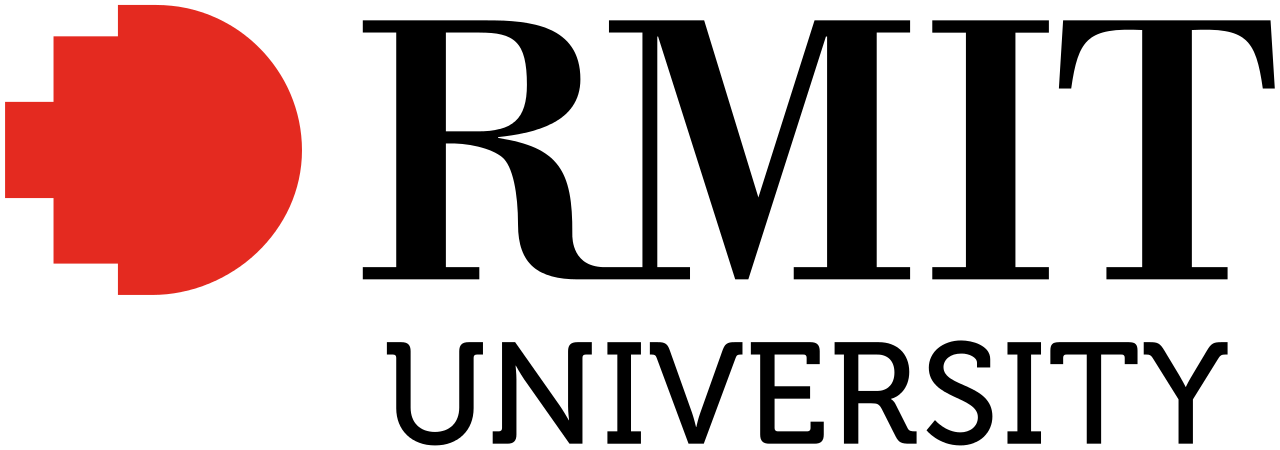RMIT: The future of space is female
Hayley Nitschke always had a passion for science and physics, but it wasn’t until she heard RMIT’s Dr Gail Iles’ talk at her high school that she knew she wanted a career in space.
Graduating at the end of this year, Nitschke is already kicking off a promising career in the space industry. She says it is all thanks to Iles, a former astronaut instructor and Senior Lecturer at RMIT’s Space Science program.
“Dr Iles’ talk sat with me for months. I realised the opportunities I’d get from a space science degree at RMIT, I wouldn’t be able to get from just a regular science degree, so I applied,” Nitschke said.
Hayley is one of three students to be awarded a prestigious 12-month internship with aerospace company Airbus in the UK, which was open to all Australian upcoming graduates in the space science sector.
The internship will allow Hayley to work in different sectors within the space industry and share her knowledge back home to help advance Australia’s space industry.
While most people associate the space industry with astronauts, Hayley said she does not see herself going into space.
“I don’t think I could be an astronaut. The stress of people watching me 24/7 and the number of tasks you have to do would be too much for me,” she said.
“But I want to help get astronauts and objects into space and make sure everything is running smoothly.”
Hayley said one of the great things about studying RMIT’s Space Science degree was it gave her a lot of insight into the various aspects of space, which helped her decide what she was interested in.
“I think what I’m really interested in is how to make planets habitable. I want to help figure out how to grow plants in space and how to make space travel sustainable.”
While Hayley is passionate about space, she is also passionate about mentoring young women in STEM.
She recently went back to her high school, Mentone Girls Grammar, with Iles to talk to the students about her career and study experiences.
“It put me back to when I was in year 10 and it felt good to be able to answer their questions and give them [the students] ideas about what they could do at uni,” she said.
Hayley finished high school only a few years ago but she said she is already seeing more young women showing an interest in science.
“When I was in high school, we didn’t have a lot of programming or engineering classes. My physics class had just six people.”
“Now, there are a lot more girls interested in science, but also believing their gender has no impact whatsoever on their career aspirations. They’re just going to go for it, which is really exciting to see.”
As Hayley prepares to graduate next month, she has some advice for young people who want to work in space but do not know where to start.
“If you’re doing a general science or engineering degree, get involved in space-related student clubs to meet like-minded students and work on projects,” she said.
“Volunteering is also a great way to learn what aspects of space you like and put yourself out there.”
“I volunteered as a mentor for year 6 students to help them with a one-week space course where we flew rockets and created space habitats. The experience helped me realise I loved the mentoring aspect of science too.”

